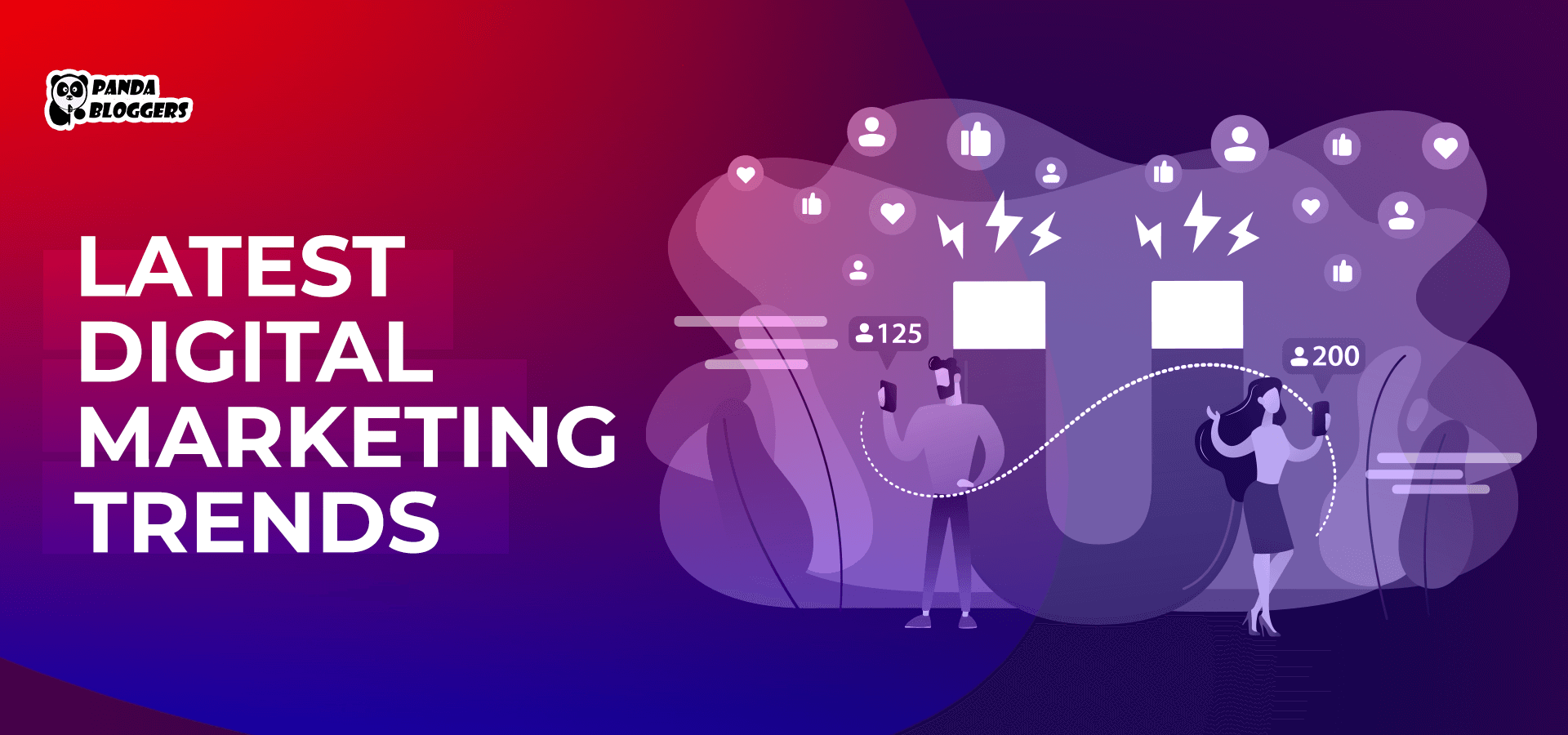 Latest Digital Marketing Trends
Latest Digital Marketing Trends
As the most prominent industrial revolution, Industry 4.0 continues transforming the manufacturing and marketing of various products/services. Prominent Industry 4.0 technologies like artificial intelligence (AI) and data analytics boost digital marketing campaigns by driving customer experience personalization.
Likewise, AI content and image generators help enterprises curtail the time and resources required to run multichannel digital marketing campaigns. In addition to making many digital marketing trends obsolete, these cutting-edge technologies lead to the emergence of new digital marketing trends. We can understand the impact of these new-age technologies by discussing some of the latest digital marketing trends.
Latest Digital Marketing Trends That Will Drive Business Growth
AI-Driven Marketing Automation
Marketing automation platforms simplify lead generation, nurturing, and conversion through automation of routine and monotonous marketing activities. Leading providers have updated their marketing automation tools by integrating AI technologies.
The AI integration enables the automation software to share actionable insights gained by analyzing large amounts of customer data. Digital marketers will leverage data-driven insights to personalize customer experience and optimize digital marketing campaigns. At the same time, enterprises will focus on integrating human and artificial intelligence seamlessly to get higher ROI.
Hyper Customer Experience Personalization
As mentioned earlier, AI and data analytics tools help marketers make sense of real-time customer data. The insights shared by them make it easier for marketers to understand customers’ needs, expectations, preferences, and pain points accurately.
Marketing and sales teams will use these data-driven insights to boost lead nurturing activities by sending personalized content to the prospect across his buying journey. Similarly, the insights will help content creators produce content by considering a prospect’s purchase history, engagement patterns, and buying behavior.
Video Marketing
5G technologies ensure a seamless video streaming experience across urban and rural areas. Also, they enable end-users to stream 4K and 8K videos as well as enjoy immersive experiences using AR and VR devices. Hence, a manifold increase will be noticed in the number of consumers preferring video content to textual content.
The digital marketing trend will make enterprises drive customer acquisition and demand generation by publishing a variety of videos. Businesses will implement AI video generators to create authentic and engaging video clips from scratch. Furthermore, AI and machine learning technologies will help them optimize the videos by understanding what is working and what is not.
Multisearch Optimization
In 2022, Google announced a new and important feature called multisearch. The feature enables searchers to find relevant information about an object by asking questions or uploading pictures. The AI-powered search option is all set to change the way searchers gather information by accessing the Google app on their iOS and Android devices.
Also, it will impact the way content is being created for SEO campaigns. In addition to optimizing the textual content for search engines, brands will focus on including multiple images in an article or blog. At the same time, they will ensure that the images are relevant and optimized for search engines. Marketers will use the Google Lens app to check if the images appear for specific multisearch queries.
Voice Search Optimization
User-friendly voice search assistants like Google Assistant and Amazon Alexa answer about 93% of search queries. Hence, marketers will focus extensively on voice search optimization while making and implementing search engine optimization (SEO) strategy. While creating content, writers will focus on answering commonly asked questions related to the product, service, or brand.
Additionally, they will make the content rank higher on voice search results by embedding long-tail keywords in the answers. They will implement on-page SEO tactics to make the content appear in the featured snippet section. At the same time, marketers have to optimize the content to ensure that a searcher can access the information while using voice search on mobile devices.
User-Generated Content
While making purchase decisions, customers trust authentic and unpaid reviews posted by customers more than brand content. However, they check the authenticity of the reviews by ensuring that the reviewer is not affiliated with the brand directly. Brands will continue to establish credibility and promote customer loyalty by involving existing customers in the content generation process.
They will organize contests and use specific hashtags to encourage customers to review their products or services. Also, they will boost digital marketing campaigns by posting these customer stories on websites and social media pages. Additionally, they will use reviews and testimonials as a tool to add credibility to the marketing materials.
AI-Powered Ads
Leading advertising networks already used AI algorithms to boost ad performances. Likewise, AI-powered tools help marketers increase the ROI of PPC by saving time and costs. Hence, brands will implement AI-powered tools to boost paid advertisement campaigns in several ways. Designers will use AI tools to customize ads by understanding and predicting customer behavior.
Additionally, AI-powered tools will enable them to make ads more creative, perform ad testing regularly, pause poor-performing ads, and enhance ad targeting. However, AI-powered automation makes it essential for brands to make ad monitoring and optimization a continuous process. Marketers have to finetune PPC ads based on the real-time insights and recommendations shared by the AI tools.
Engagement Rates
In addition to creating new trends, cutting-edge technologies will make decision-makers measure digital marketing campaign performance using new KPIs. Decision-makers will continue to use existing KPIs to measure the performance of specific digital marketing campaigns like search engine optimization and social media promotions.
However, they will create a steady revenue stream using KPIs like retention rate. In addition to monitoring the number of visitors watching a video or reading a blog, they will check if the content keeps the visitor engaged and if the visitor consumes the content fully. Hence, content creators have to focus on creating unique content that connects with the reader and builds customer relationships.
Multifaceted Values
While making purchase decisions, customers consider both quality and price regardless of demographic differences. However, millennial and Gen-Z customers consider a set of new values while choosing a product, service, or brand. For instance, a significant percentage of younger customers are ready to pay a premium for sustainable products.
Likewise, most of them prioritize brands that focus extensively on personal data security and privacy. Hence, brands have to review their processes and practices to find values that resonate with new-age consumers and foster long-term relationships. At the same time, they have to highlight the multifaceted values while creating content and crafting messages for digital marketing campaigns.
Rural Marketing
According to the data released by the World Bank, the rural population exceeds the urban population in
many countries. Despite challenges in rural marketing, as rural prosperity and digital literacy are on the rise, rural marketing in India is gaining importance. For instance, leading two-wheeler manufacturers and FMCG companies already promote and market their products in rural markets.
Many companies these days create brand awareness and generate demand in rural markets by
launching digital marketing campaigns. They engage and influence rural consumers using popular digital marketing channels like search engines and social media. At the same time, many companies drive sales by sharing content and sending emails to rural customers.
However, rural marketing campaigns differ from urban marketing campaigns in several aspects. So, marketers need to understand the scope of rural marketing very clearly before planning their campaigns. Rural marketing campaigns require companies to produce content in local languages. Also, companies need to tailor digital content and ads according to local customs and traditions. However, companies will
continue to gain rural market share by leveraging popular digital marketing channels.
Conclusion
Industry 4.0 technologies will continue to transform multifunctional digital marketing campaigns. In addition to reducing digital marketing costs, they create opportunities for marketing automation, customer experience personalization, brand visibility, and customer retention. Hence, companies and startups must adopt the latest digital marketing trends early to sustain profitable business growth by outperforming competitors.


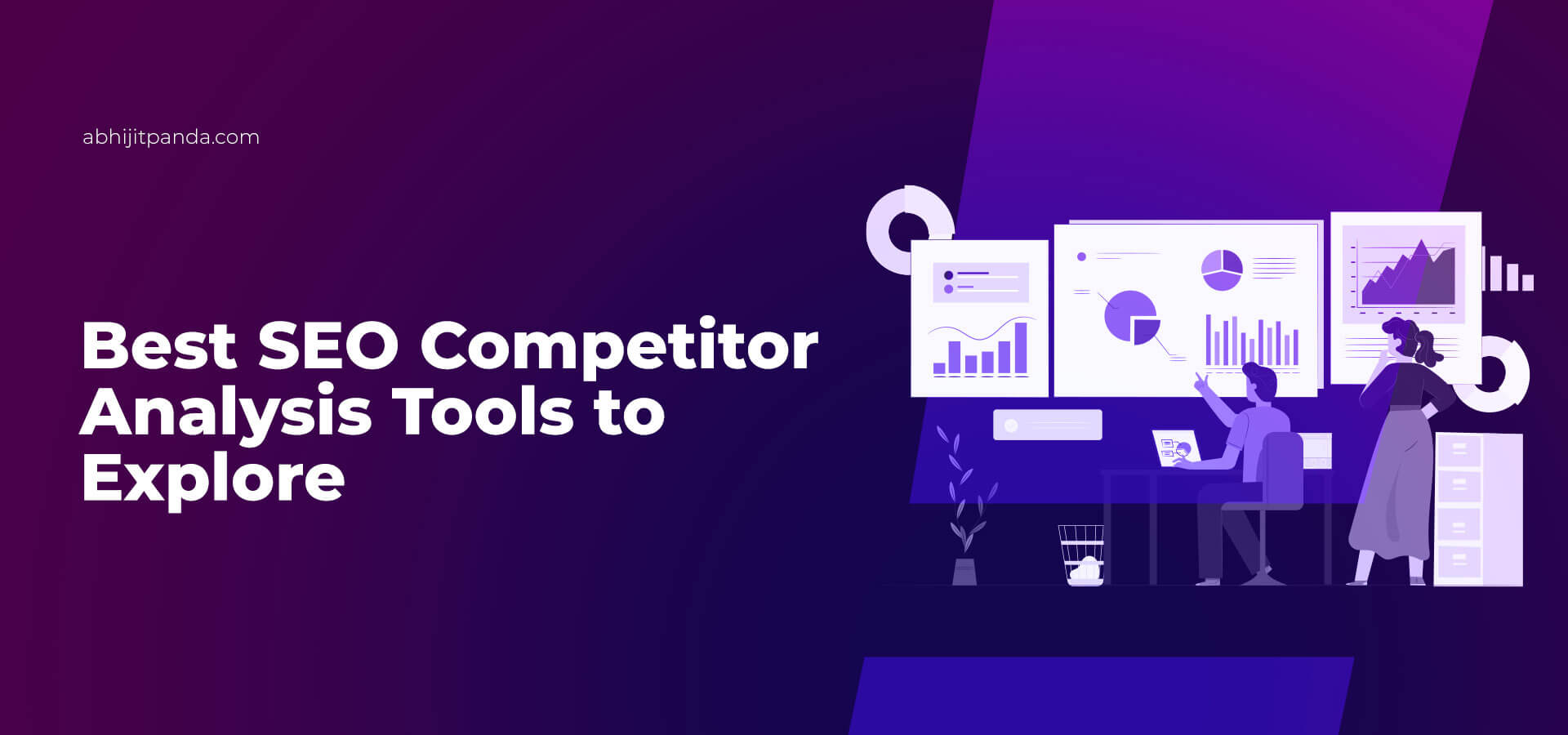
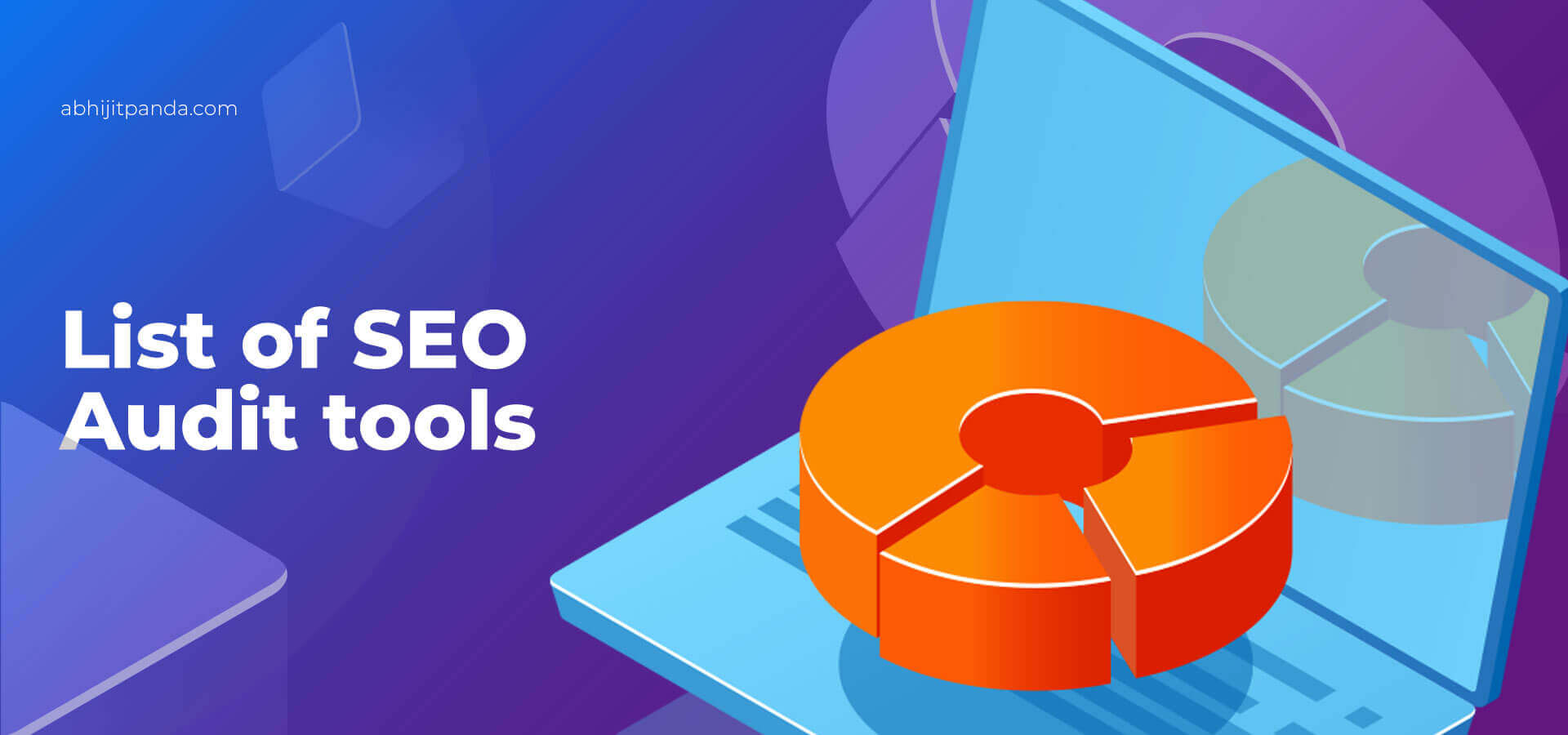
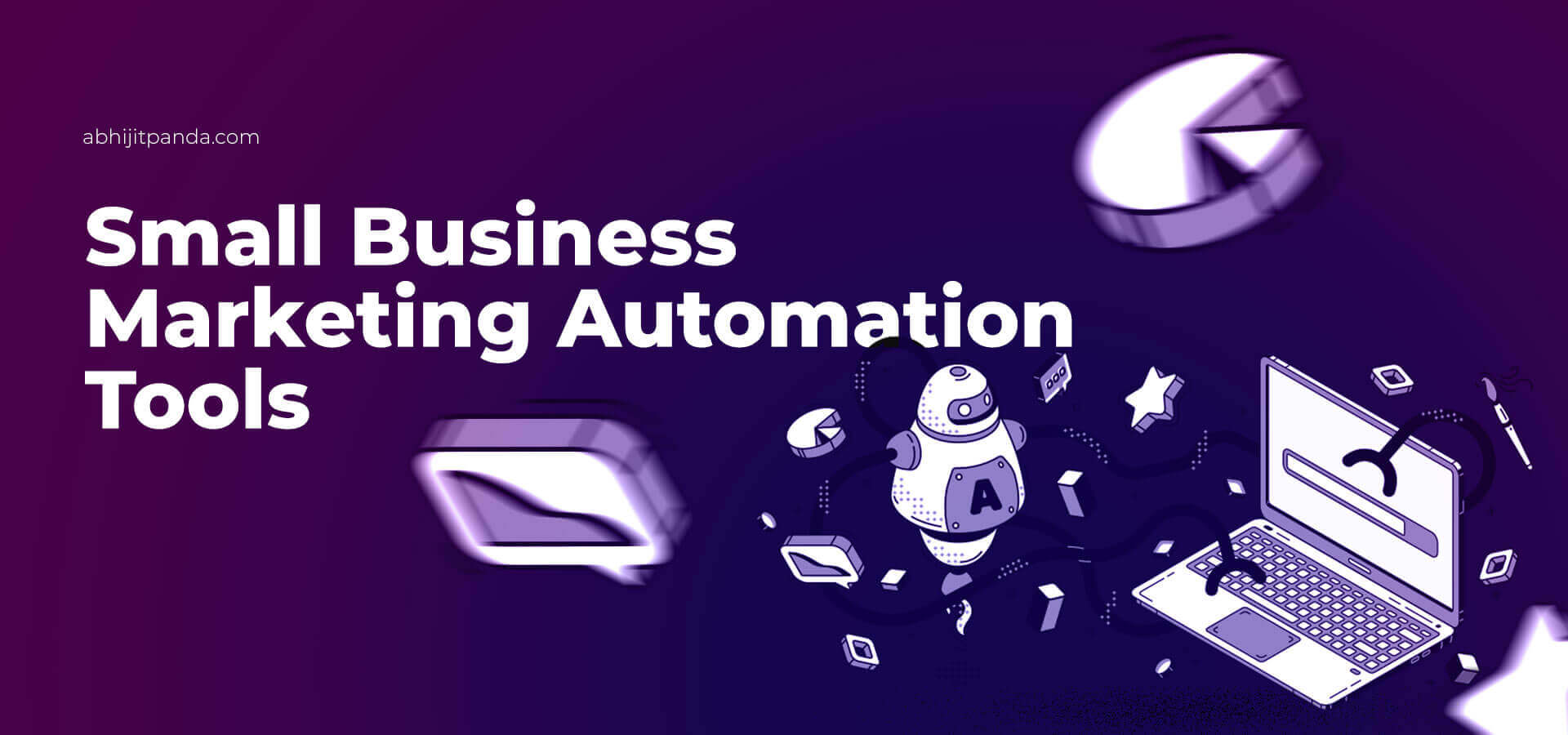
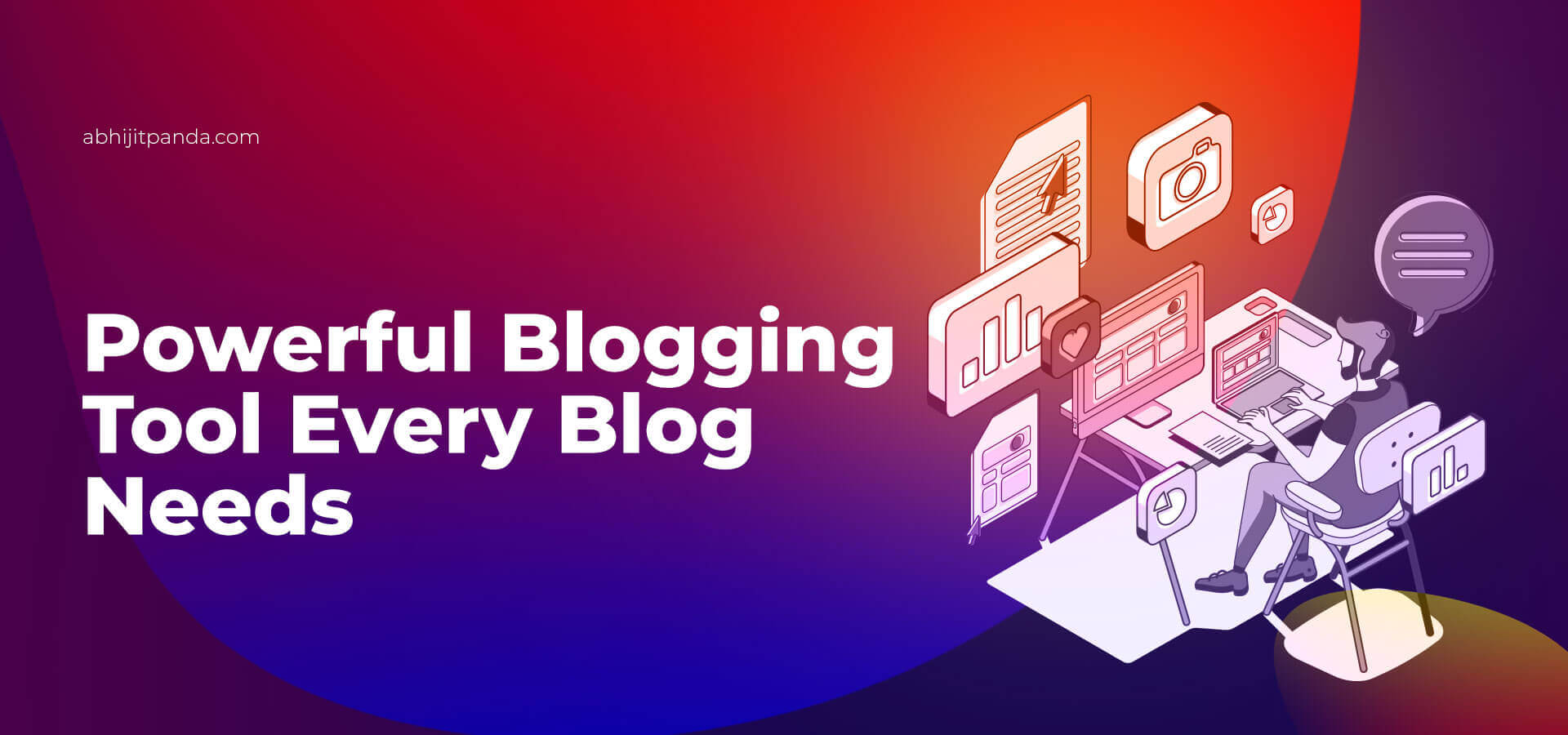
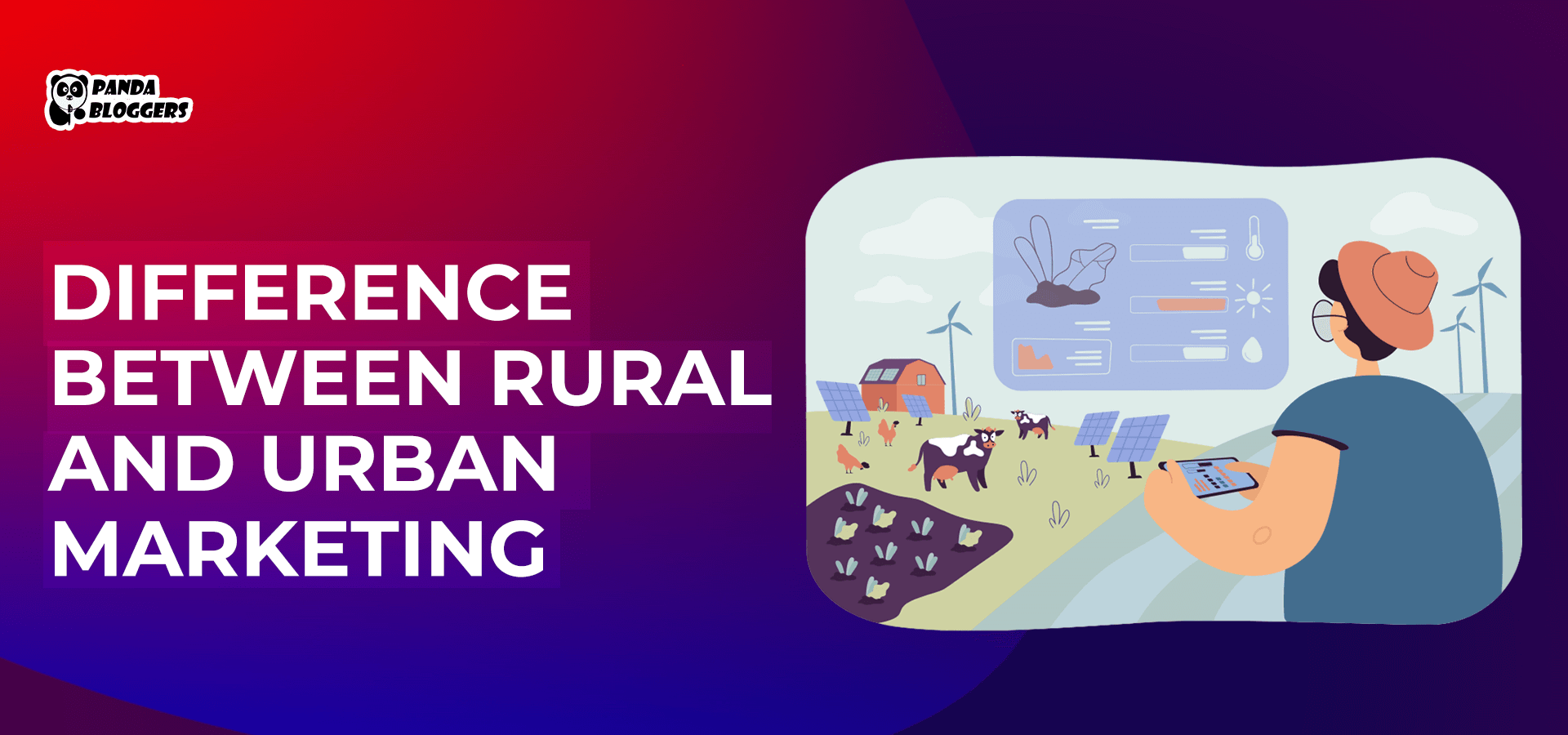
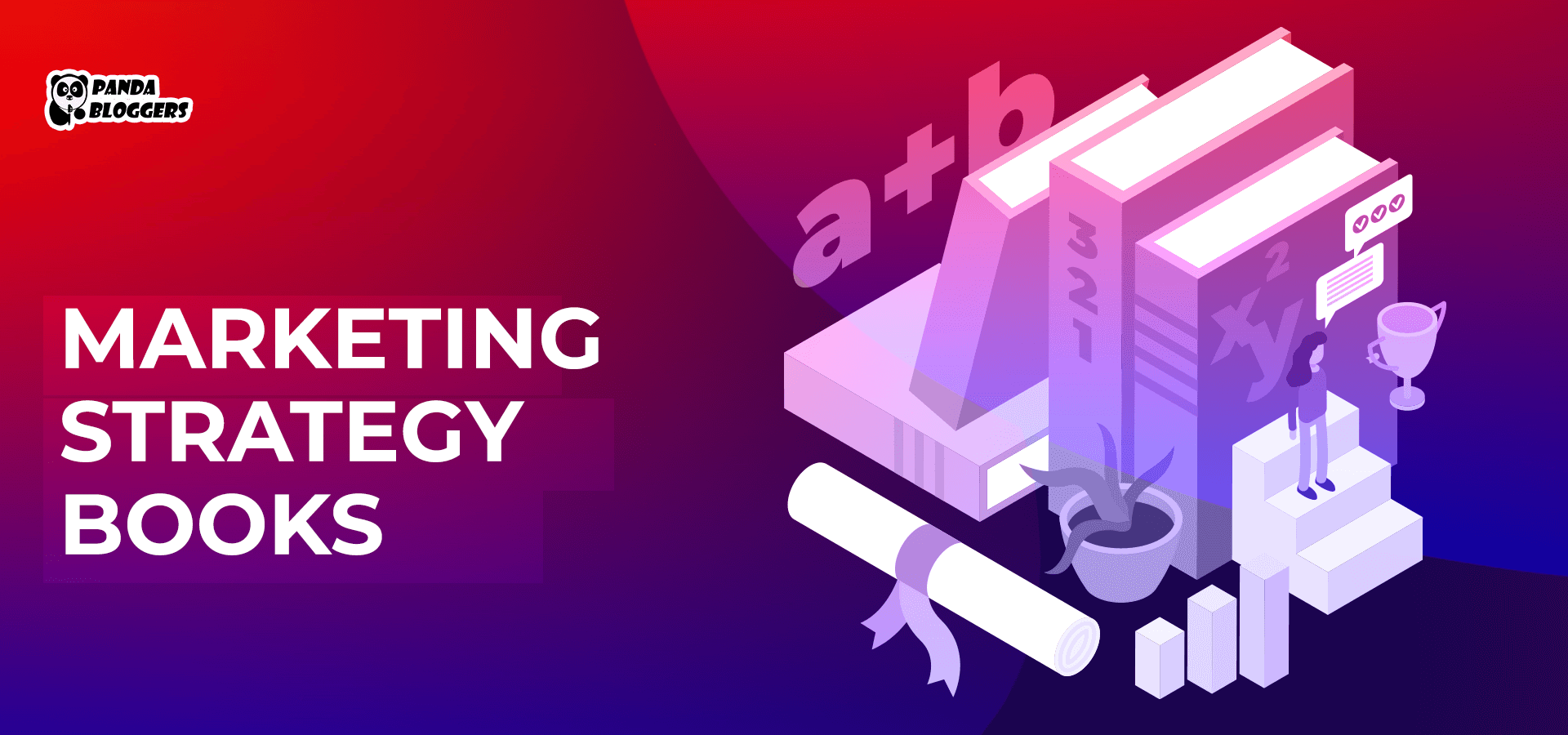
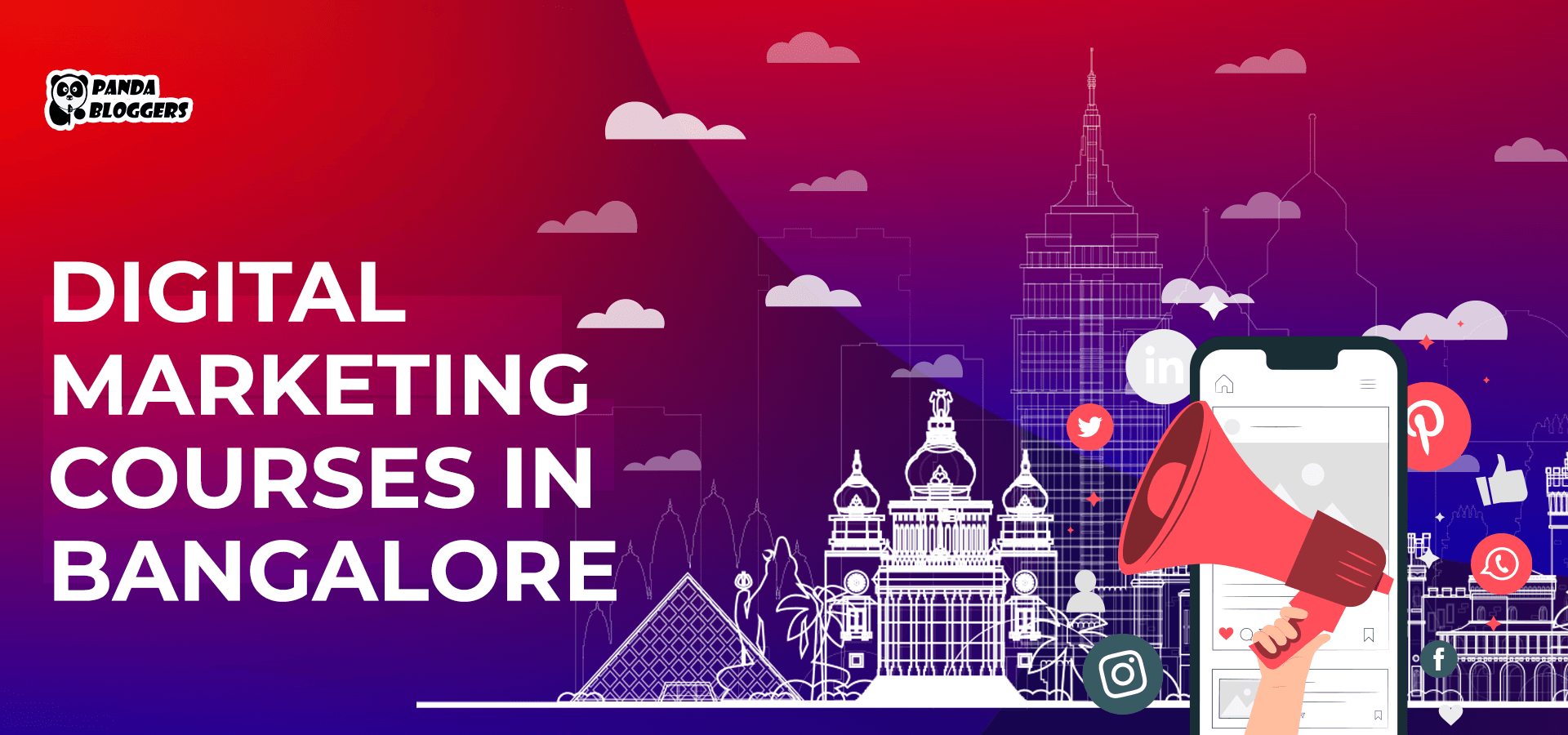
Leave a Reply